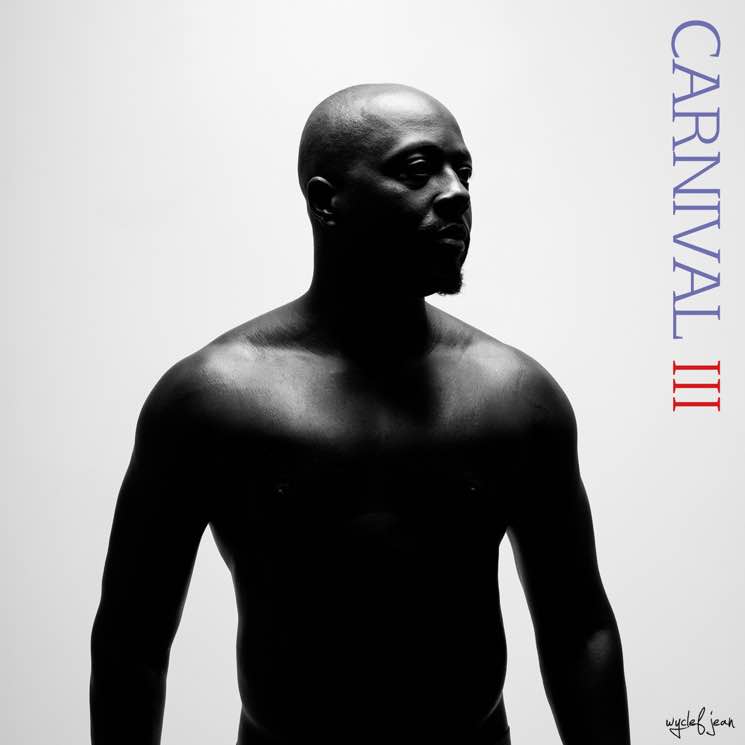Wyclef Jean needs no introduction. As part of the Fugees — along with cousin Pras and the incomparable Lauryn Hill — Jean was able to fashion a new take on the evolving genre that is hip-hop, irrevocably changing it in the process. Everyone knows the genre-bending The Score, and if they don't (?!?), they can feel its impact in the way the modern rap sound is fearless in incorporating singing, rapping and disparate musical influences.
We are two decades removed from that seminal album, and while the Fugees still appear to be no more — keep hope alive for the band getting back together — Jean has determined that now is the time for a new record. Jean has been alternately exulted and humbled over the years, and this effort is an attempt to capture that. Opener "Slums" feels like a track that would have been on The Score, as does the Haitian musicality that underscores the strong "Concrete Rose." Jean's vocal ability hasn't lost a step, his ability to switch between rapping and singing (something that was ahead of its time back in the day) is still his trademark.
"Fela Kuti" sounds just like a track named "Fela Kuti" might sound, a frenetic Afrobeat vibe that's tuned to the modern day. "Borrowed Time" is a slow number that combines Jean's penchant for heartfelt, honest and observational lyrics. "Thank God for the Culture" is a gospel-infused number that feels like he could have released this on any on his other solo outings without it seeming out of place.
So while "Shotta Boys," a reggae-infused number that feels out of sync, doesn't quite hit the mark, overall The Carnival III proves that Jean is a talent who's traditionally been ahead of his time, exuding a sound that you either are easy for now or will understand later. He's still an acquired taste for some, his mix of humility and ego still in place. The success or failure of this project rides on whether nostalgia, curiosity or world-readiness is enough to take this over the top for you.
(Legacy)We are two decades removed from that seminal album, and while the Fugees still appear to be no more — keep hope alive for the band getting back together — Jean has determined that now is the time for a new record. Jean has been alternately exulted and humbled over the years, and this effort is an attempt to capture that. Opener "Slums" feels like a track that would have been on The Score, as does the Haitian musicality that underscores the strong "Concrete Rose." Jean's vocal ability hasn't lost a step, his ability to switch between rapping and singing (something that was ahead of its time back in the day) is still his trademark.
"Fela Kuti" sounds just like a track named "Fela Kuti" might sound, a frenetic Afrobeat vibe that's tuned to the modern day. "Borrowed Time" is a slow number that combines Jean's penchant for heartfelt, honest and observational lyrics. "Thank God for the Culture" is a gospel-infused number that feels like he could have released this on any on his other solo outings without it seeming out of place.
So while "Shotta Boys," a reggae-infused number that feels out of sync, doesn't quite hit the mark, overall The Carnival III proves that Jean is a talent who's traditionally been ahead of his time, exuding a sound that you either are easy for now or will understand later. He's still an acquired taste for some, his mix of humility and ego still in place. The success or failure of this project rides on whether nostalgia, curiosity or world-readiness is enough to take this over the top for you.
